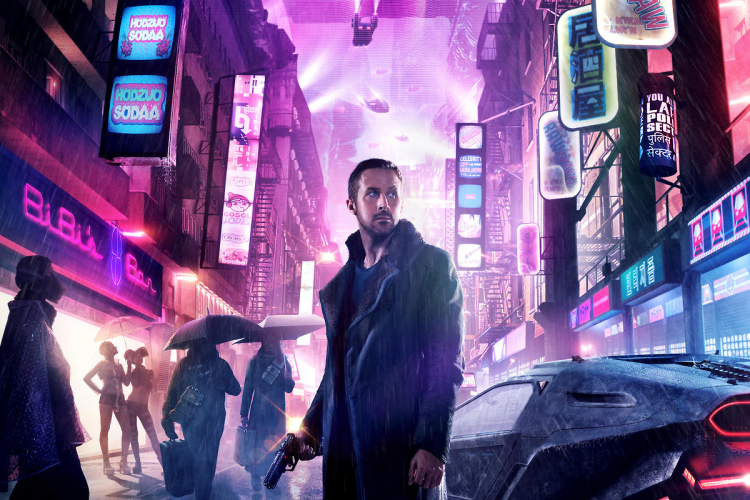 |
| Photo Credit: Blade Runner 2049 / Warner Bros. Pictures |
For thirty-five years Blade Runner fans have waited for the next chapter of director Ridley Scott's cult classic. His grim noir world focused on a future 2019 where LAPD officer Deckard (Harrison Ford) retires replicant slaves (androids) who have gone rogue against their human masters and ends up falling in love with one of his targets (Sean Young). After audiences were left wondering the whereabouts of humanity and its android population, its sequel Blade Runner 2049 succeeds at being more than a replica.
Set in 2049, the world has continued to fall into economic and enviromental despair as a genius with a godlike complex Niander Wallace (Jared Leto) has reinvented replicants with a shorter lifespan and wired to obey their masters. Agent K (Ryan Gosling), one of the newest models, is tasked to "retire" older rogue versions like Deckard. When one target sets K off on a quest against Wallace's corporation, he's bound to discover a dangerous truth about himself and his own kind.
While the original film and all of its uncut versions toyed with the notion of whether or not Deckard and Rachael were replicants or not, and a deeper philosophical meaning of what it means to be either, 2049 carries a much-heavier weight about love, humanity, and the soul. Establishing a steady history in film with intrigue and science-fiction, director Denis Villenue's vision dips the story back into its futuristic roots and manages to pull off an impressive, complimentary follow-up. (This review contains spoilers - read at your own risk!)
